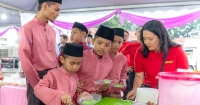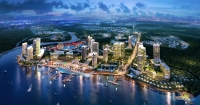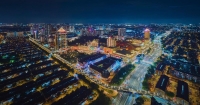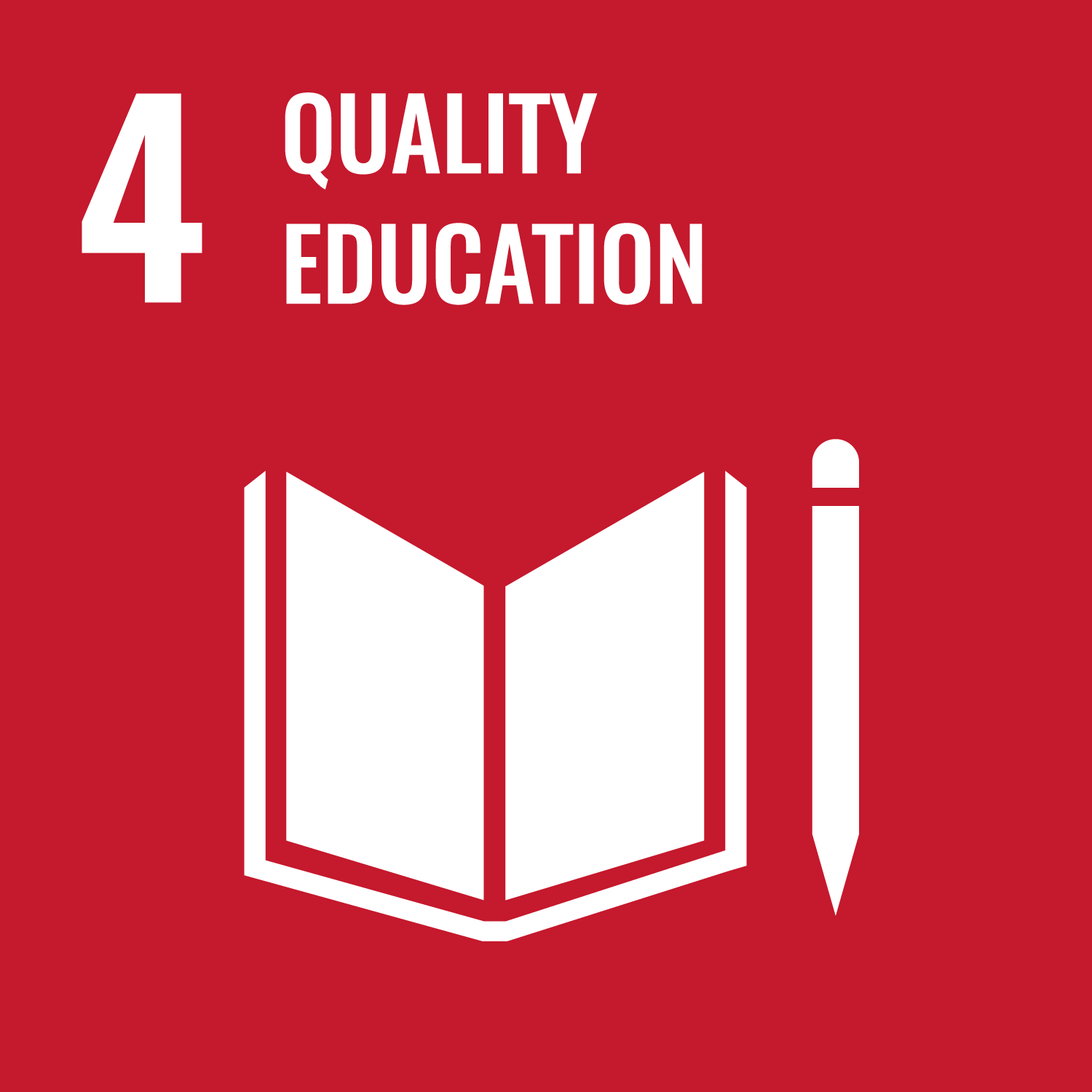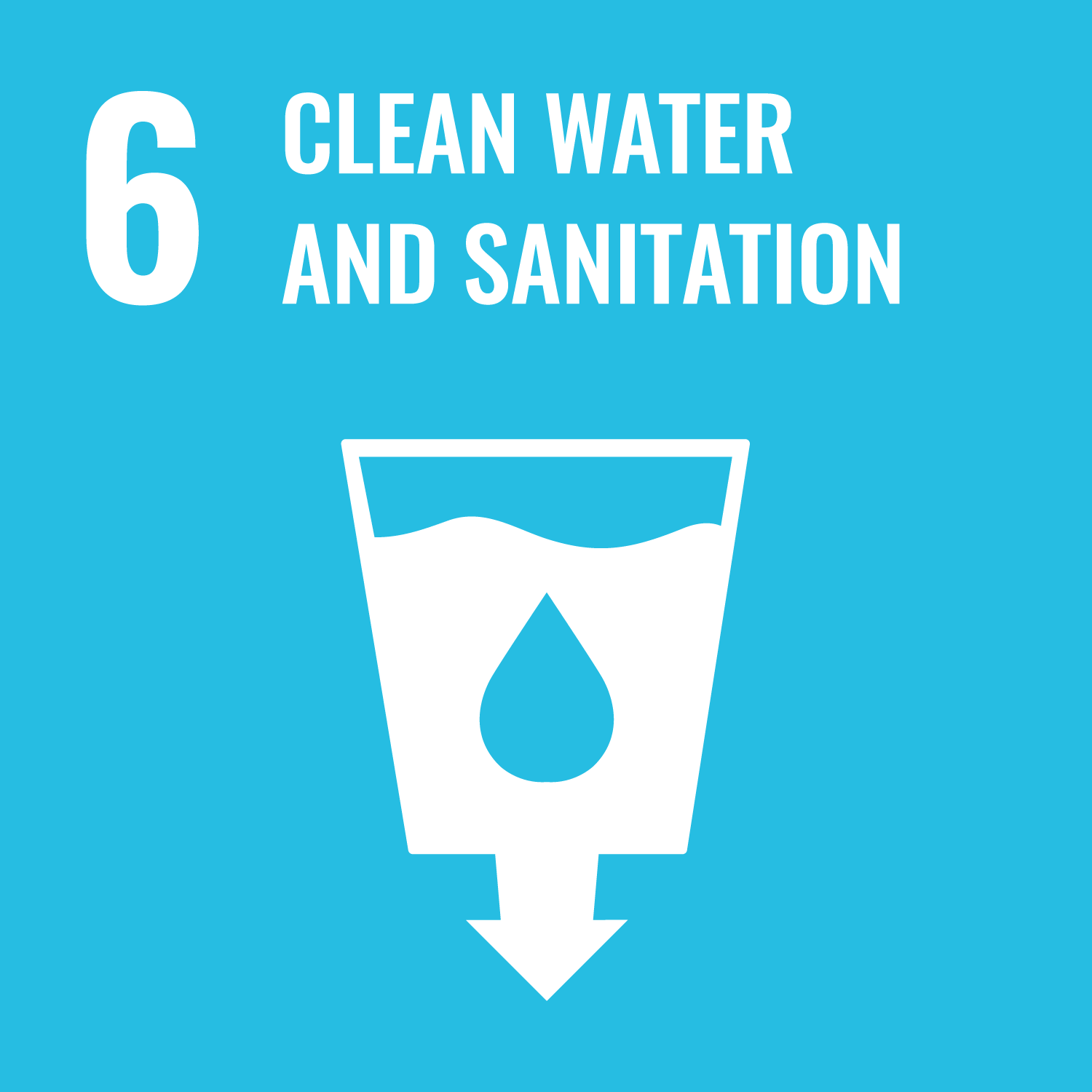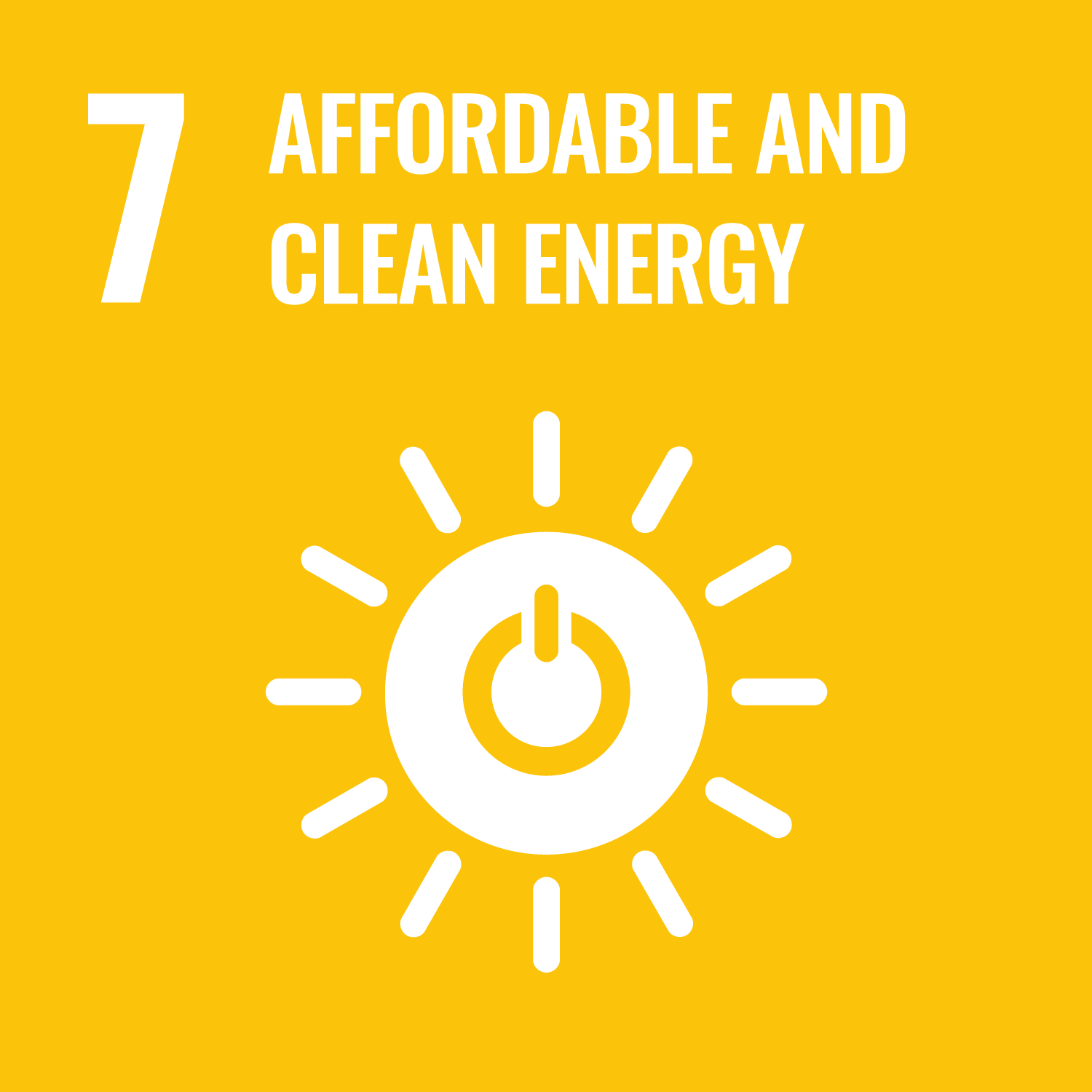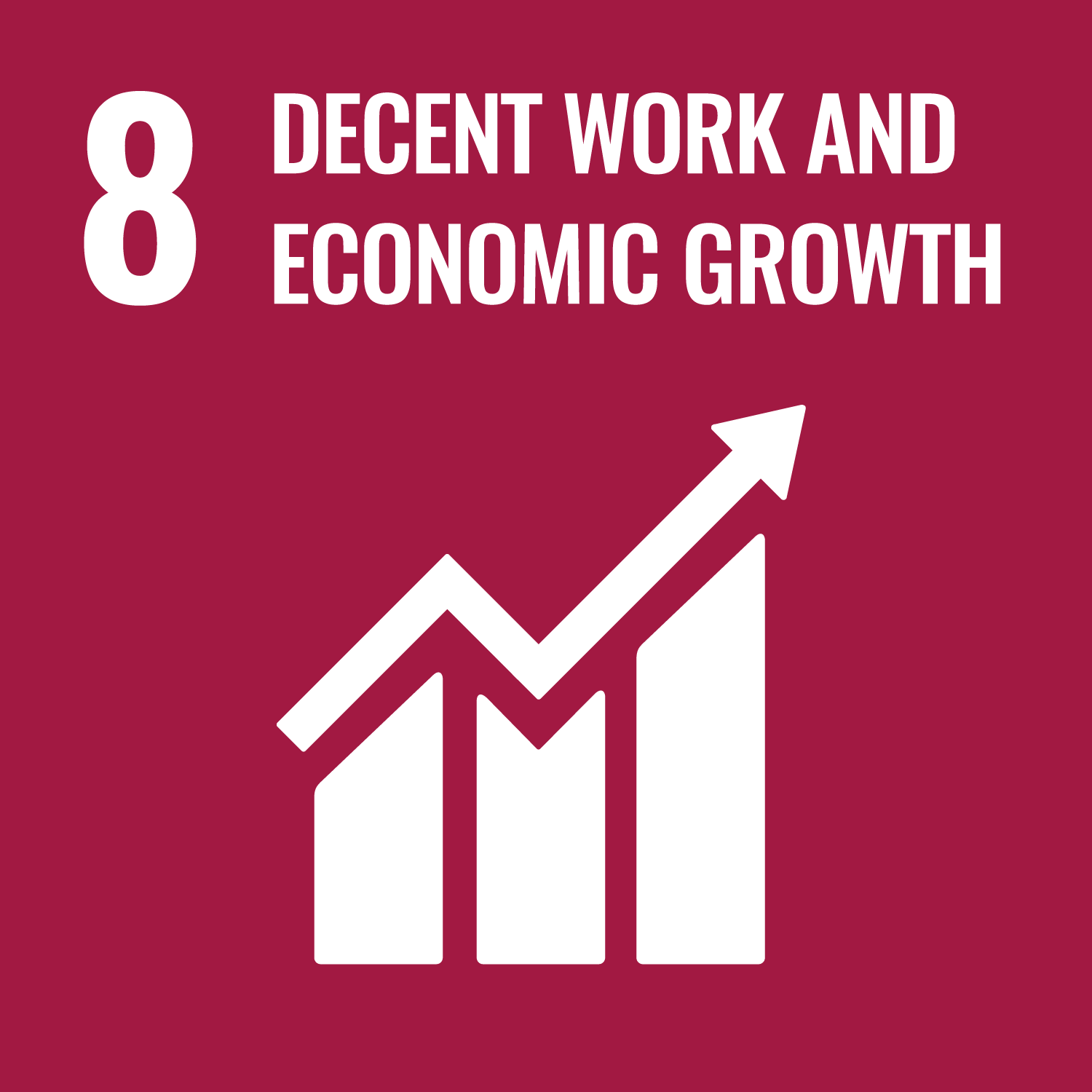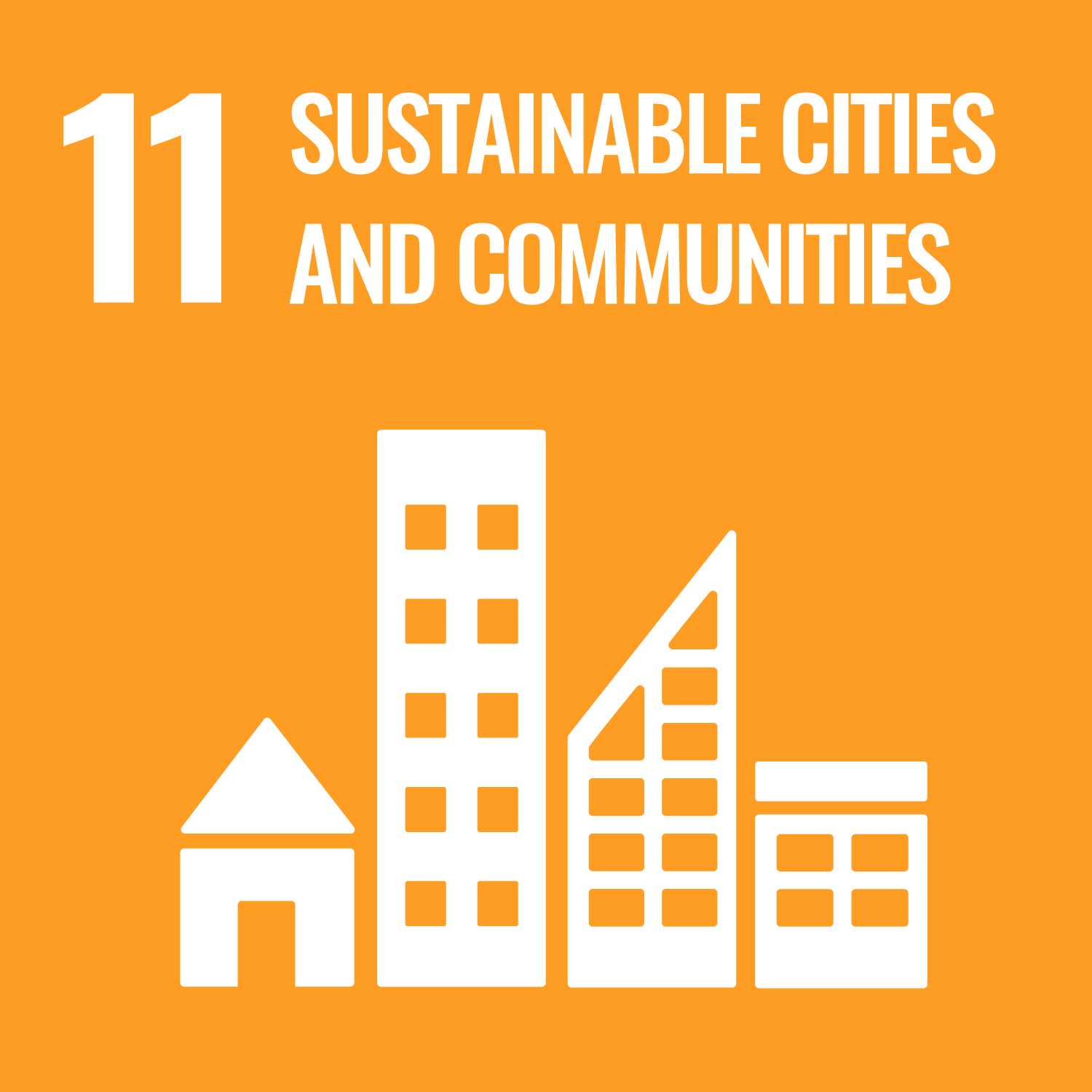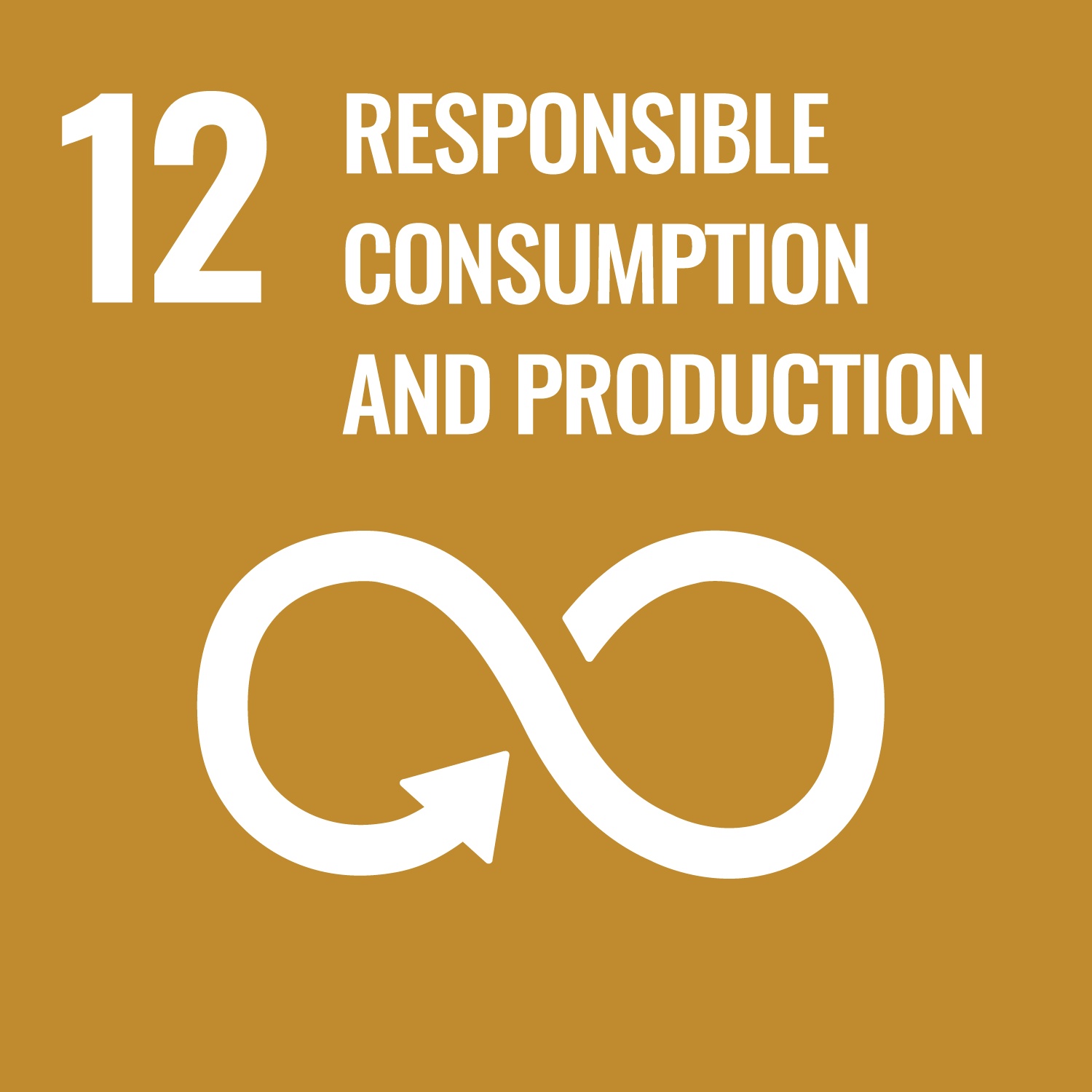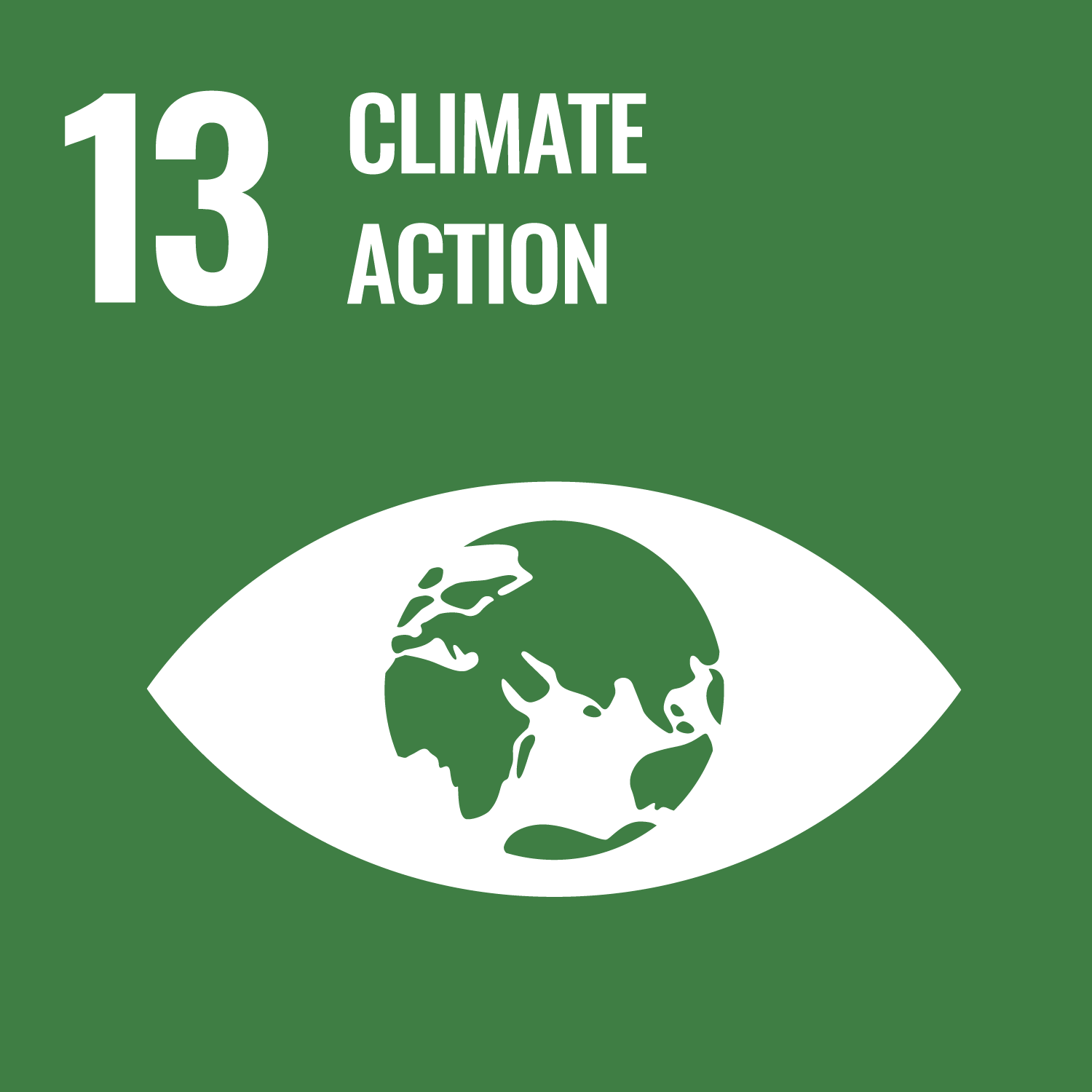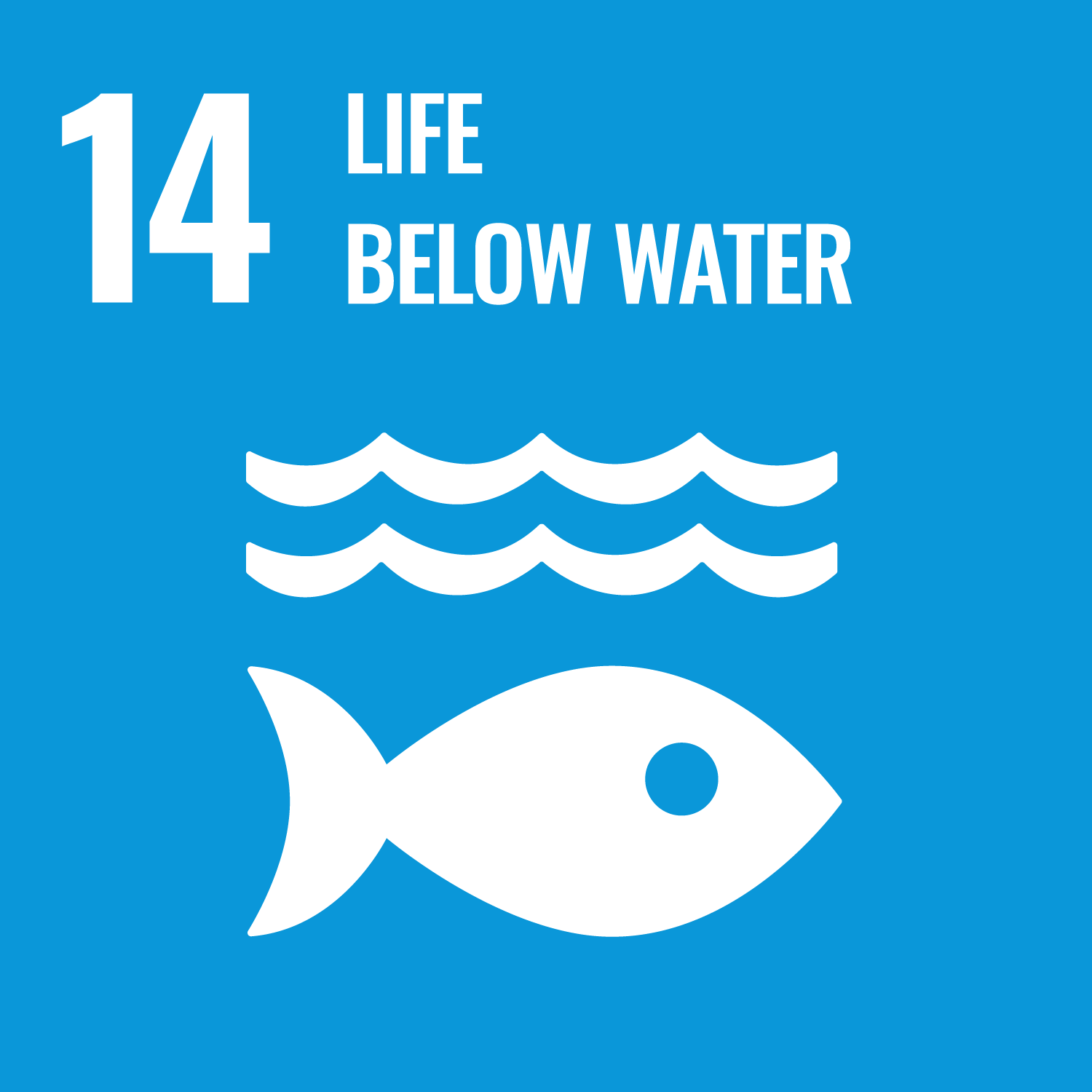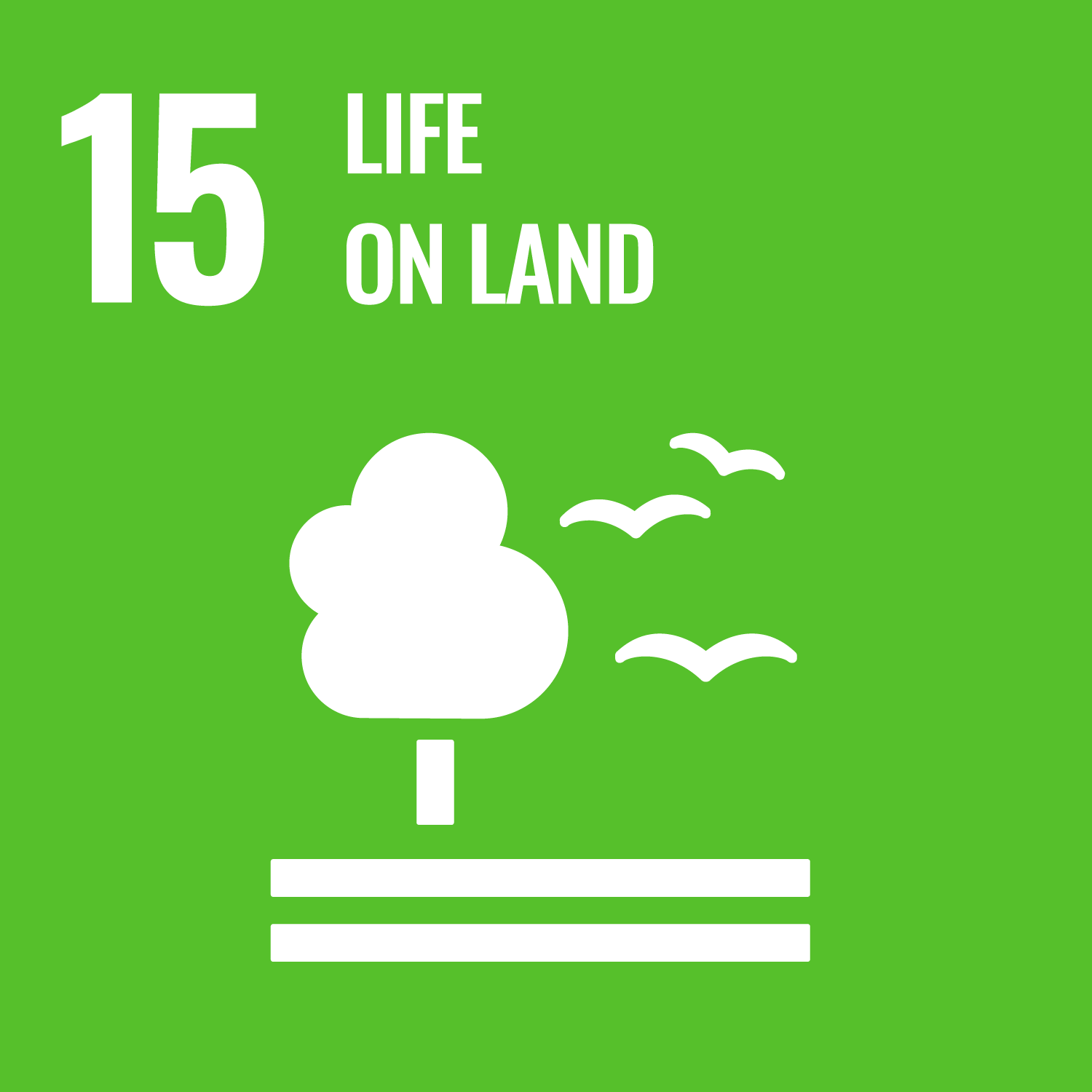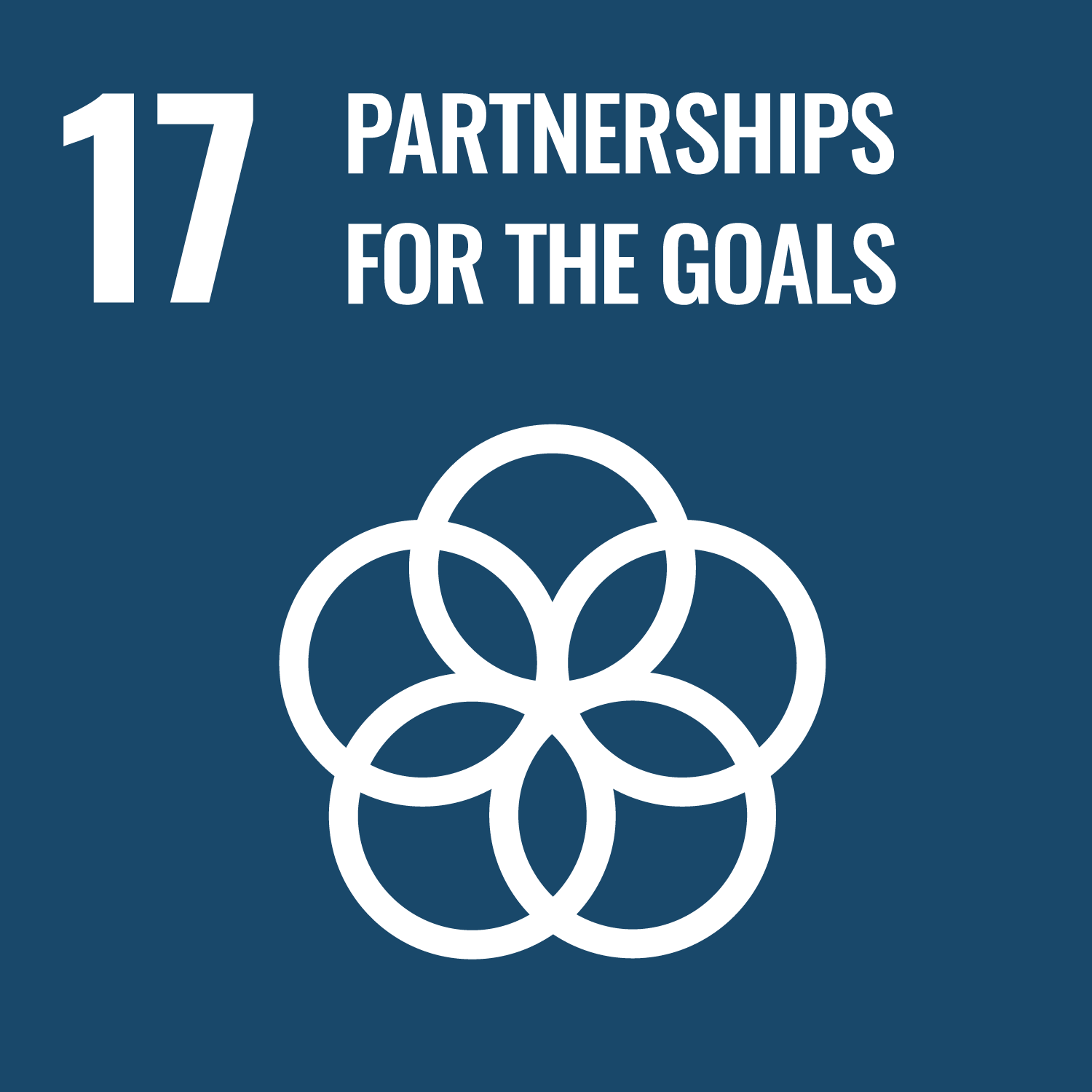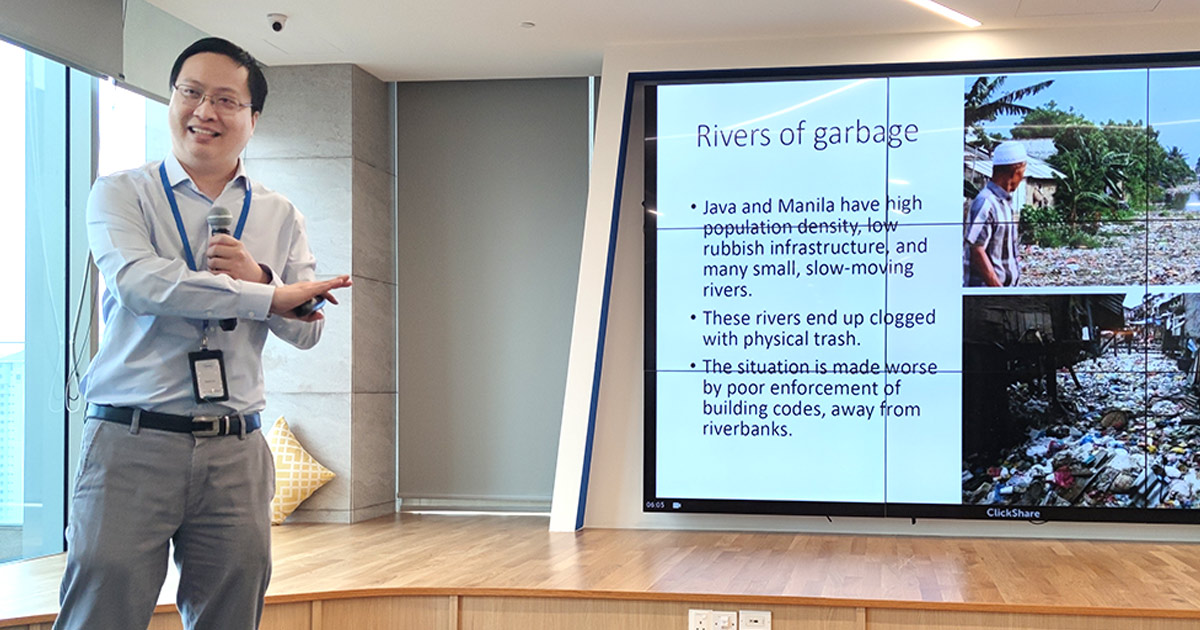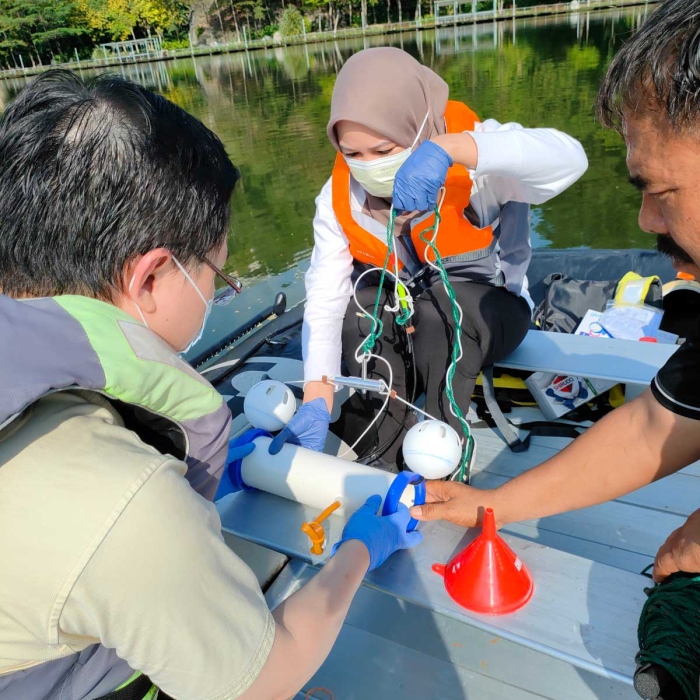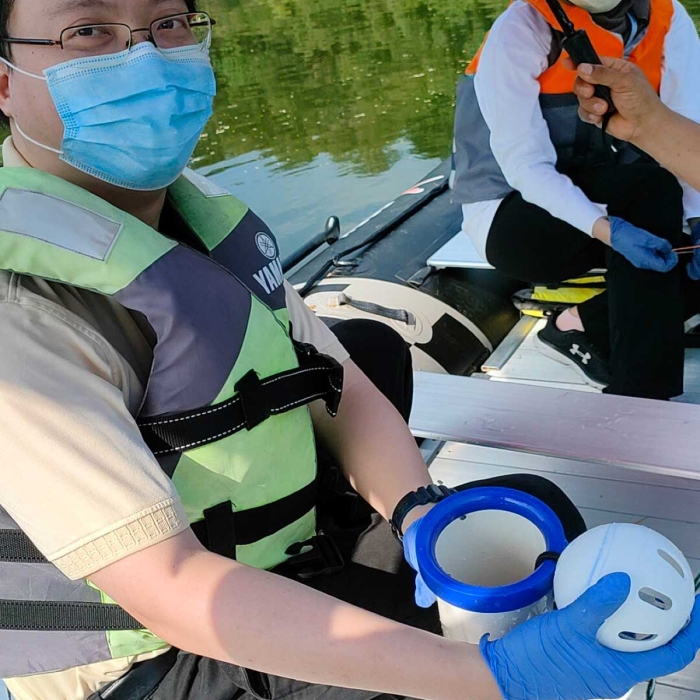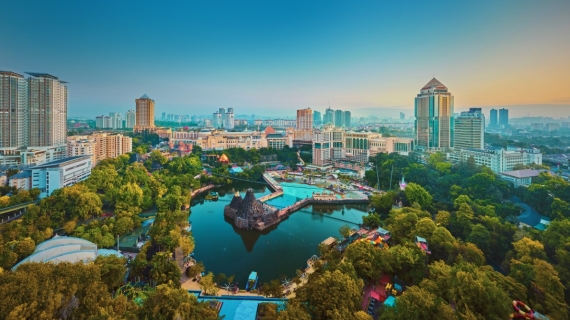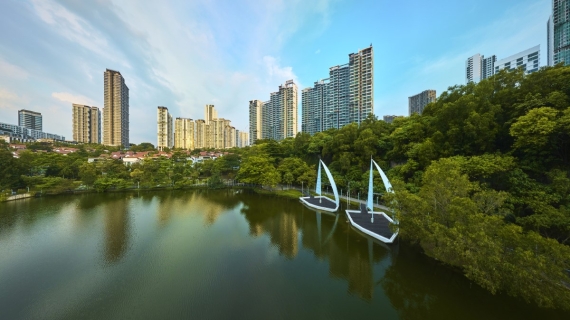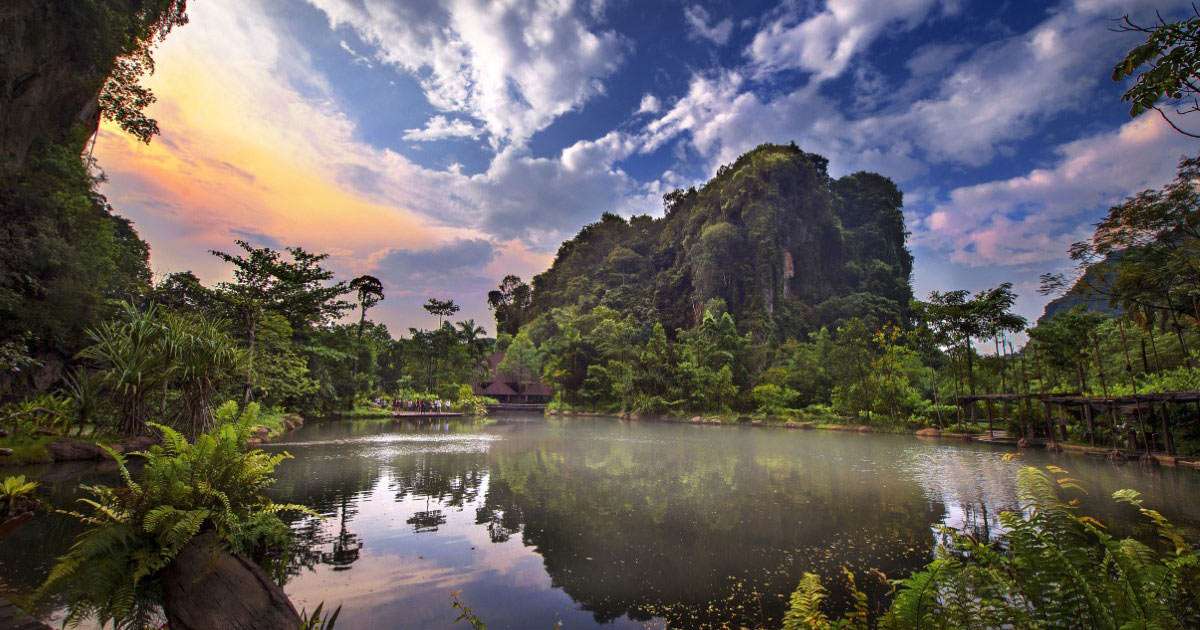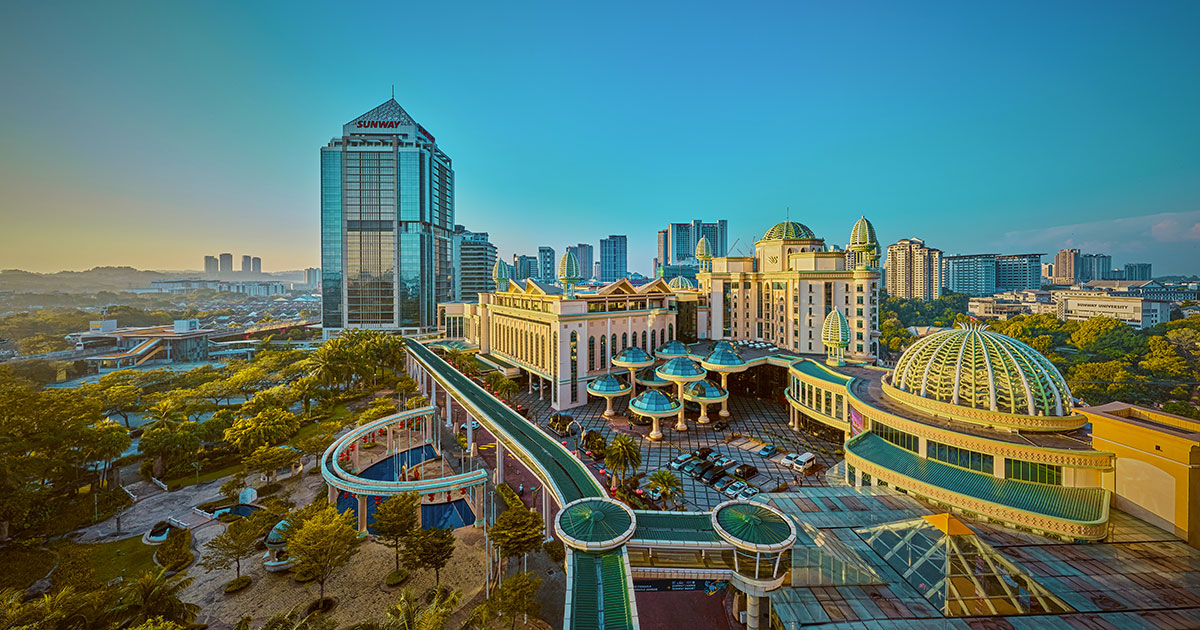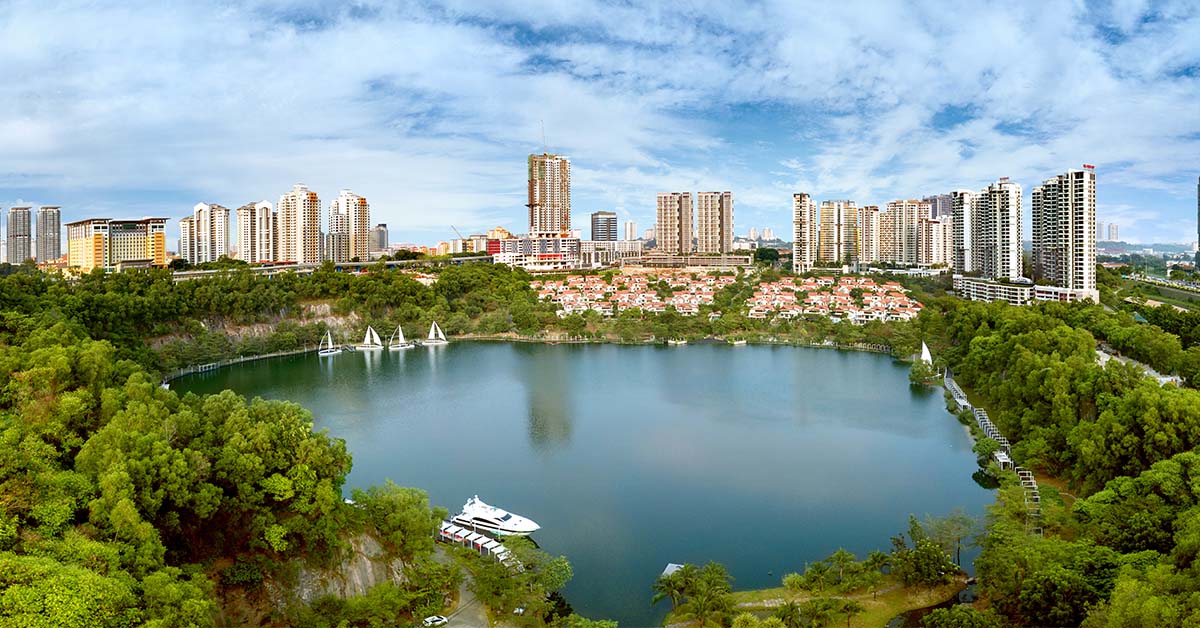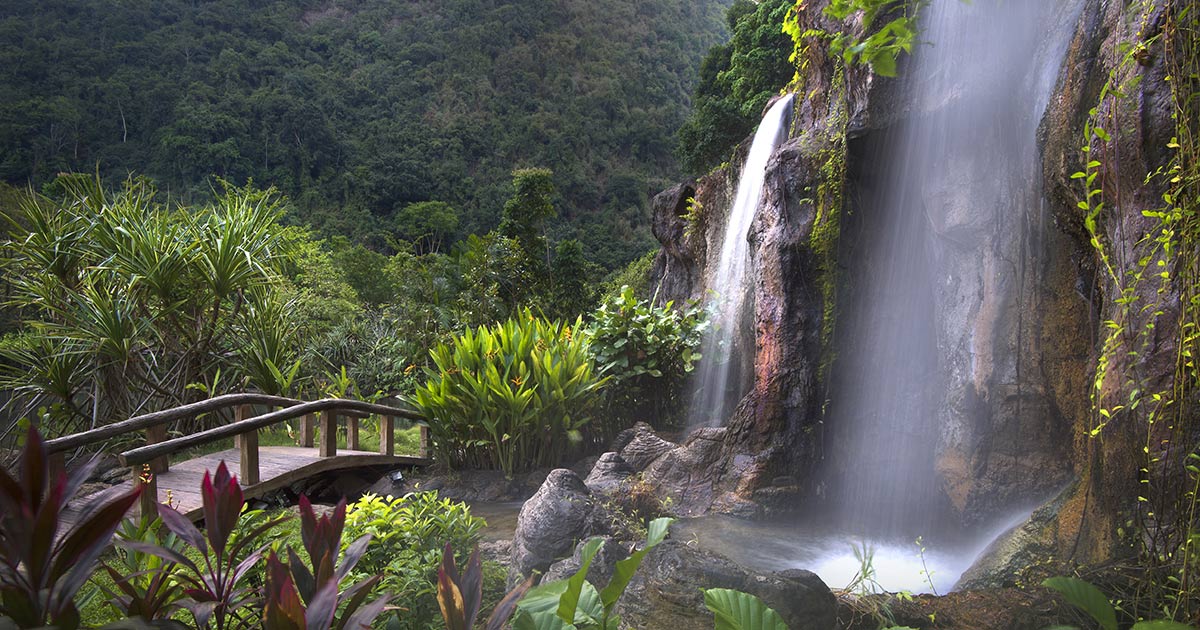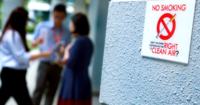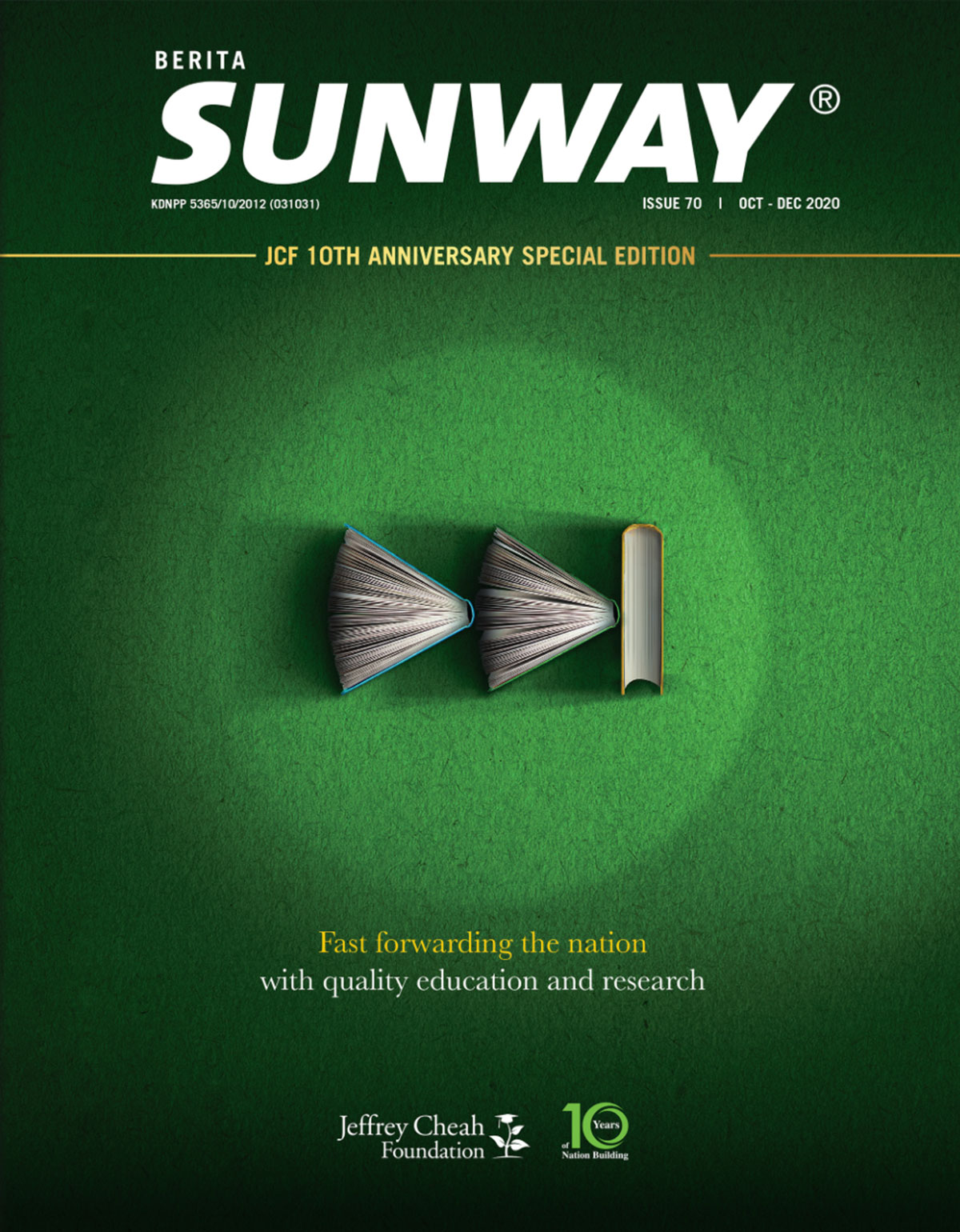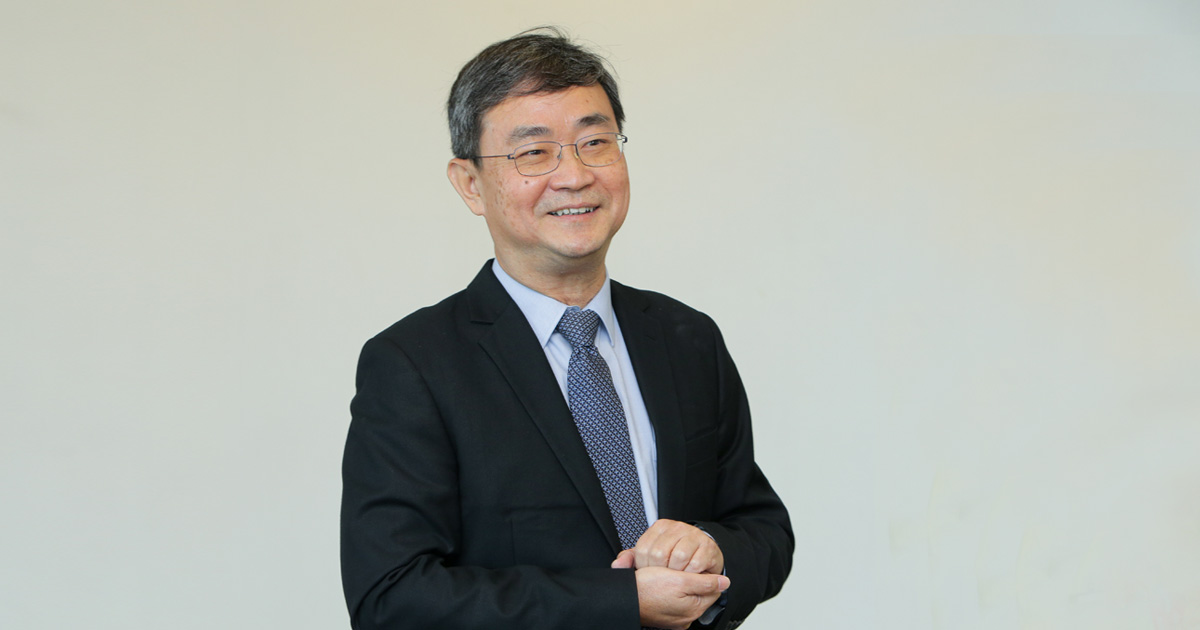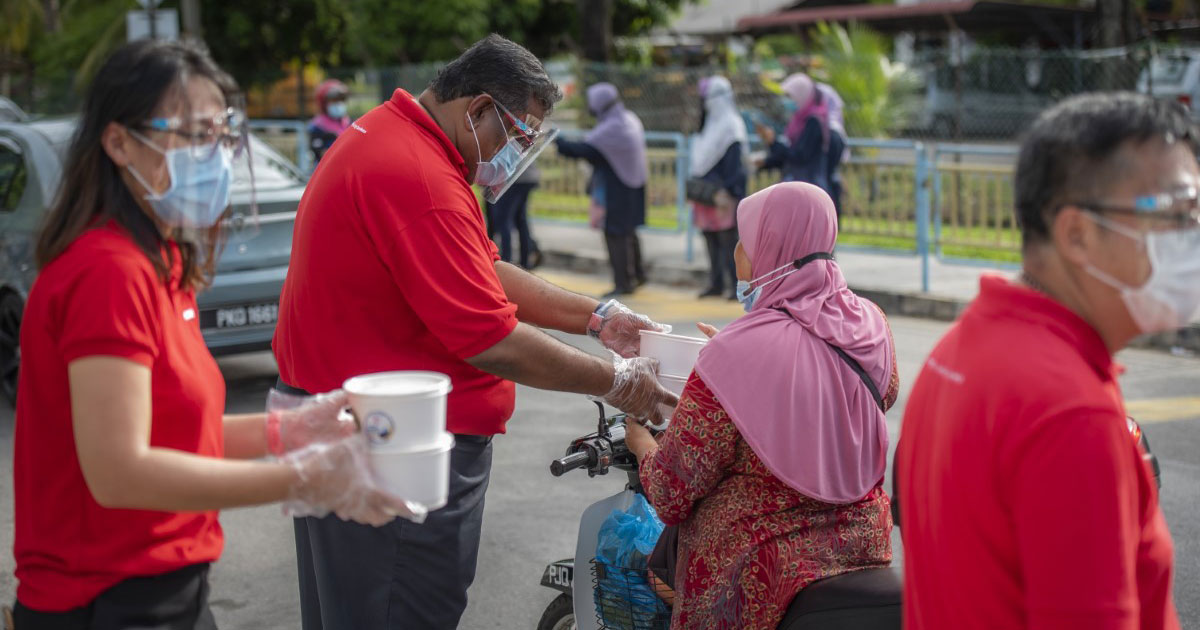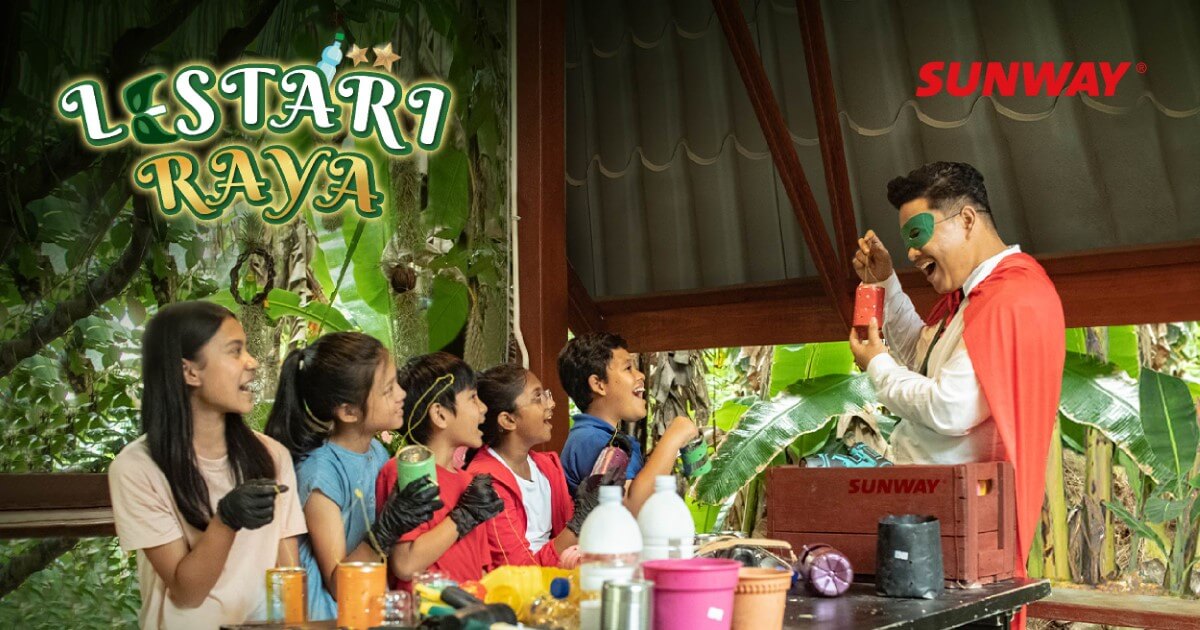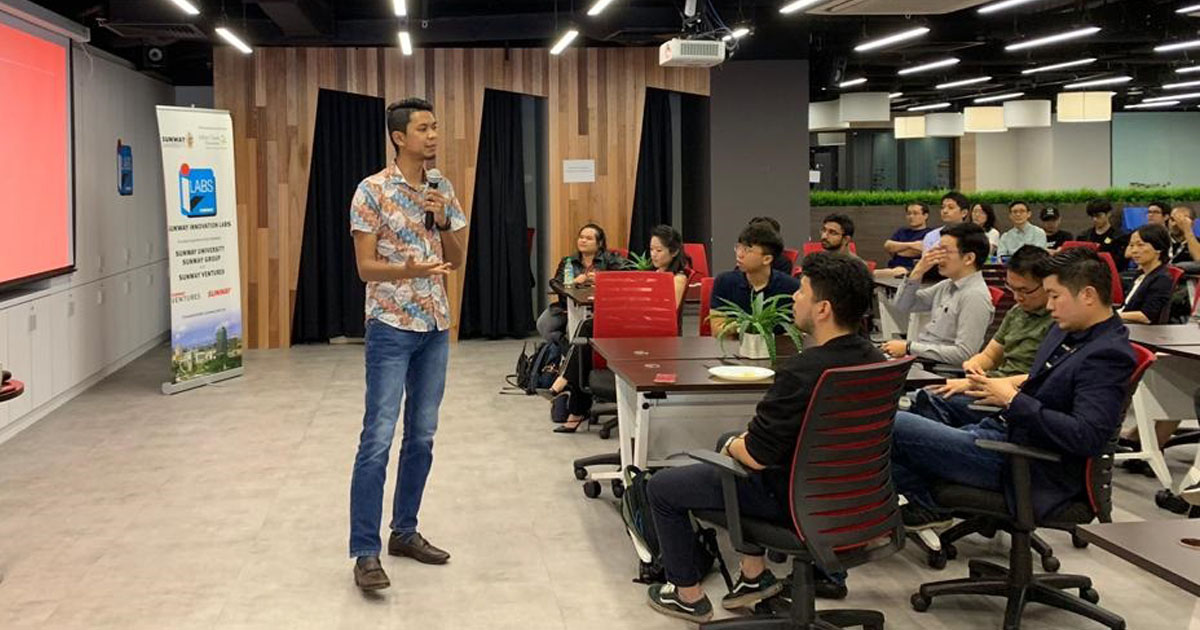One Man’s Quest to Fight Climate Change by Saving Coral Reefs
From algal biofuel to coral microalgae, Dr. Chen Jit Ern, the Head of the Jeffrey Sachs Center for Sustainable Development and Associate Professor in the School of Biological Studies at Sunway University, has dedicated years of research exploring the possibilities.
July 6, 2023, marks the world’s hottest day on record, with the global average temperature hitting 17.23°C, according to data from researchers at the University of Maine in the US.
With the El Niño phenomenon continuing its course throughout 2023 and possibly beyond, global experts expect even more temperature records to be broken, as extreme heat is symptomatic of climate change.
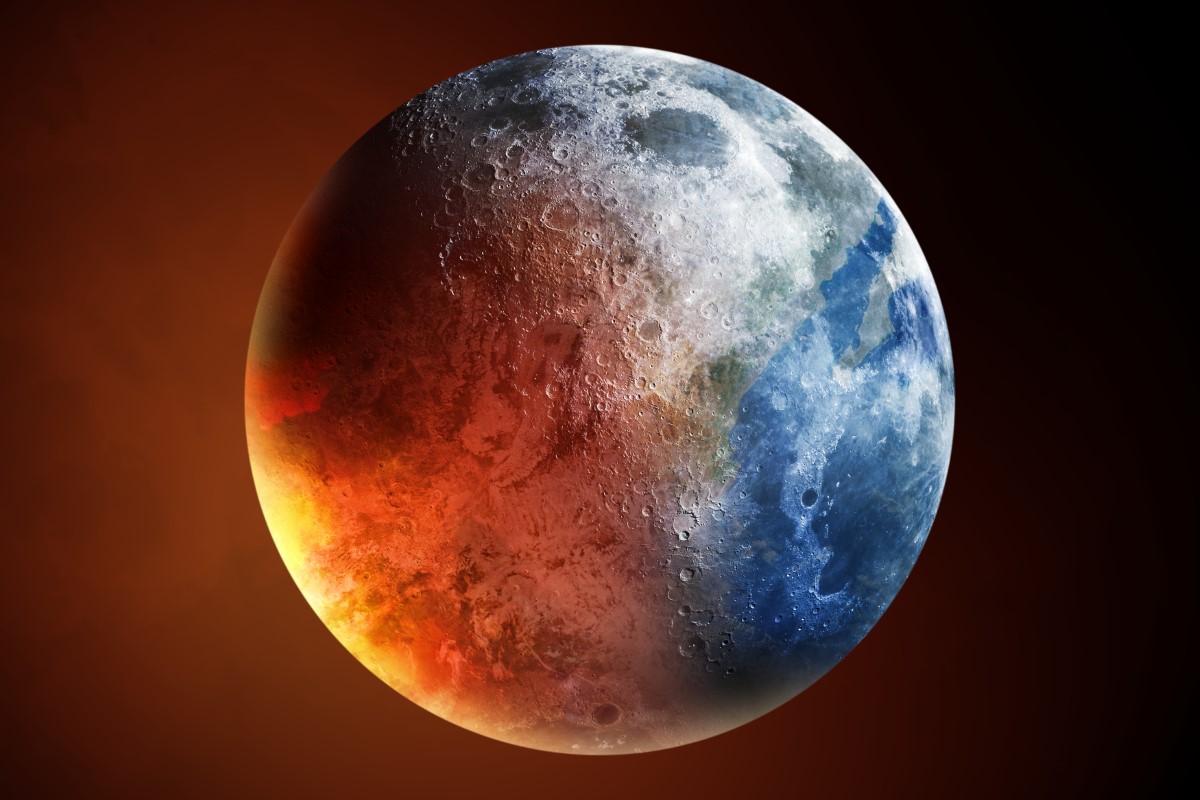
While the world contends with record-high global temperatures, Dr. Chen Jit Ern, the Head of the Jeffrey Sachs Center for Sustainable Development (JSCSD) and Associate Professor in the School of Biological Studies at Sunway University, believes that plants hold the answers to some of the most pressing environmental issues we face due to climate change.
Graduating with a PhD in Plant Sciences and a Bachelor of Arts degree in Natural Sciences from the University of Cambridge in the UK, Dr. Chen’s fascination with plants is a deep-rooted one since his childhood days in Wangsa Maju, Kuala Lumpur.
“I have always been interested in plants as the primary producers of almost all life on Earth. Any attempts to make or modify any ecosystems will eventually need to utilise the ability of plants or algae to fix carbon, essentially turning invisible carbon dioxide gas into biomass and energy molecules,” he said.
The decision to pursue a PhD in Plant Sciences was a strategic one, as Dr. Chen believed it would provide a good foundation to not just build a research career on, but also to give back to the country.
“There will always be something to learn either in nature or to work on something operational such as agriculture or plant-based biotechnology. Given that Malaysia derived a substantial portion of its foreign exchange from oil palm, I also felt that this skillset could be relevant someday to the development of the nation,” he said.
From sustainable fuels to heat-resistant reefs
It was during his final year of pursuing his PhD at Cambridge University that Dr. Chen’s interest in climate change took off.
Back then, Dr. Chen was carrying out research on algal biodiesel, or algae-derived biodiesel, in hopes that the peak oil crisis – a hypothetical scenario where oil production hits a maximum rate and begins to decline – would lead market forces to restrict the use of fossil fuels and to the mass adoption of carbon-neutral algal biodiesel, in a bid to slow down climate change.
However, the widespread use of mass-scale fracking, along with improvements in fossil fuel extraction, meant that fossil fuel would no longer be in scarcity – and that a climate crisis was imminent.
Dr. Chen then decided to shift his research focus on a particular ecosystem that is expected to be among the first to collapse directly due to climate change – the coral reef ecosystem.
“A job posting opened in Saudi Arabia’s King Abdullah University of Science and Technology (KAUST) to work on the microalgae that lives in symbiosis with corals that were at risk of mass bleaching events due to rising sea temperatures. I decided to work on something which I thought would be a greater concern in the years to come,” he said.
Saving the rainforests of the sea
As a major carbon sink that absorbs carbon dioxide, the ocean plays a critical role in delaying climate change, but it is also greatly affected by it.
Rising seawater temperatures force corals to expel the symbiotic algae (zooxanthellae) that live in their tissues, which turns the coral white, and makes them more vulnerable to starvation and disease.
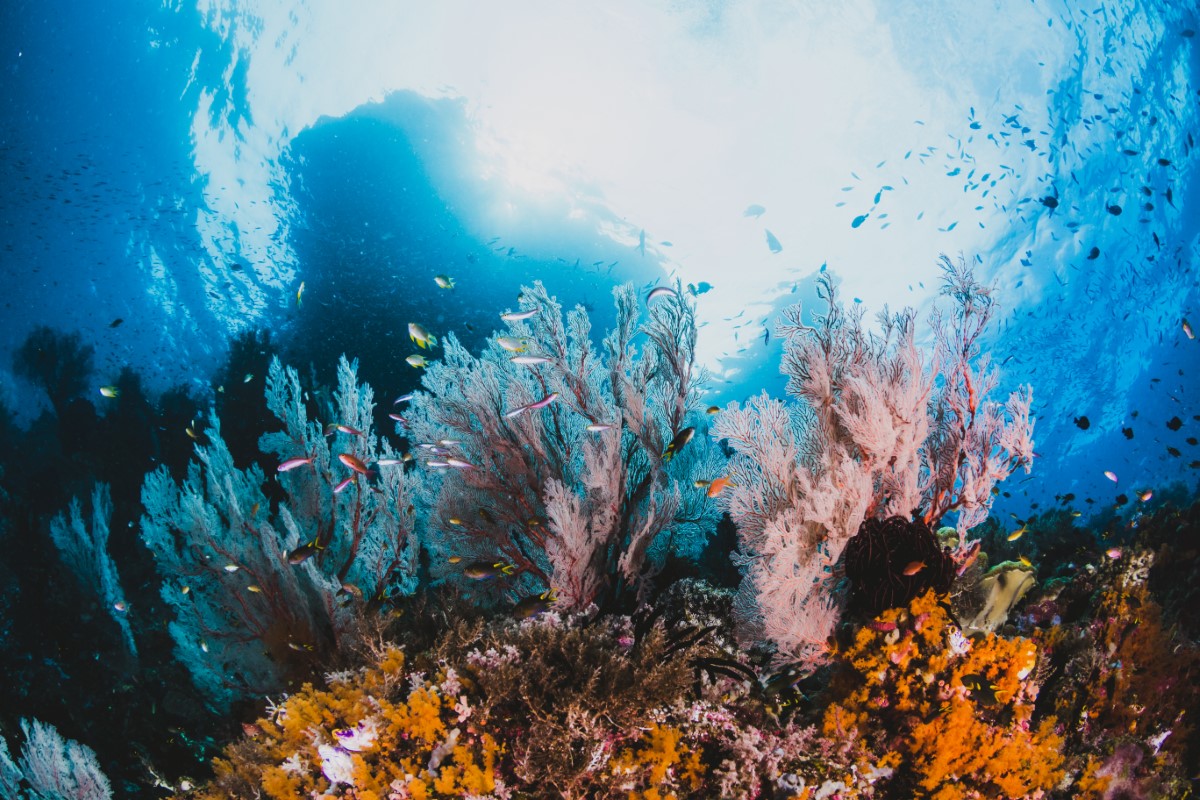
As they are among the most biologically diverse ecosystems on Earth, coral reefs are also known as rainforests of the sea.
An estimated 25% of all marine life – including over 4,000 species of fish – are dependent on coral reefs, according to the National Oceanic and Atmospheric Administration (NOAA) in the US.
NOAA estimates that a billion people worldwide benefit from coral reefs, and that failure to protect this herbage will have an adverse effect on food supply, coastal protection, as well as livelihoods that depend on tourism and fisheries.
Dr. Chen’s post-doctoral research focuses on the microalgae that live inside coral reefs, with the end goal of developing new strains of coral microalgae that are more resilient in higher temperatures and can thus help the host coral to resist coral bleaching events.
There needs to be greater coordinated monitoring of the ASEAN coral reefs, akin to the level of monitoring done in Australia on the Great Barrier Reef (GBR), Chen said, adding that this was one of the recommendations he highlighted in the initial report of the ASEAN Green Future project.
A collaboration between the Sustainable Development Solutions Network, ClimateWorks Australia, the Jeffrey Sachs Center on Sustainable Development (JSCSD), and five national research groups from Southeast Asia (Cambodia, Indonesia, Lao PDR, Malaysia and Thailand), the ASEAN Green Future project aims to demonstrate how sustainable, decarbonised economies offer enhanced economic development and more resilient futures for the region.
Dr. Chen believes that the lack of reports of mass coral bleaching in Southeast Asia compared to the GBR could possibly be due to the much lower systemic coverage and monitoring system in the region, as the regional coral zone, the Coral Triangle, is spread out between multiple ASEAN countries.
“We are still in the very early stages of a plan to build or to collaborate with existing coral monitoring projects to address this, and it is on my long to-do list. For 2023, I am working on setting up a marine temperature stress simulator, in which I can experimentally carry out stress testing of corals, microalgae and other marine organisms under conditions that we think may occur in the future,” he said.
Creating a ripple effect for sustainability
Following his stint at KAUST, Dr. Chen had originally intended to return to Europe for a second post-doctoral project, when he was invited to join Sunway University’s Department of Biological Sciences as a lecturer and the JSCSD as a research fellow.
“I arrived home just in time to see Malaysia’s government change for the first time since its independence, coupled with the uncertainties of Brexit at the time, it felt like there was a good opportunity in the JSC to build a career back in Malaysia sooner than I had planned initially,” he said.
As an associate professor and head of JSCSD by day, and researcher by night, Dr. Chen equips students with knowledge and skills to generate sustainable solutions while continuing his research in coral microalgae to address climate change. Beyond his academic roles, he oversees the environmental monitoring of the lakes in Sunway City Kuala Lumpur (SCKL) and advises Sunway Group on their sustainability initiatives. He is also the vice-chairman of the Malaysian Smart Cities Alliance (MSCA) Association, where he seeks to bring the lessons learnt in Sunway City Kuala Lumpur’s sustainability journey to the wider urban development community.
Wearing many hats can be an exhausting affair but Dr. Chen is unfazed – thanks to his passion to fight climate change.
“It helps a lot that I am working on something that is of interest to me. I appreciate that I have the capability to keep working on these scientific topics even if unlike pure researchers, I am no longer able to commit my full attention to it. The trade-off is that in my role as head of the JSCSD, I am perhaps more influential in making a difference on the topic I am researching on,” he said.
In a bid to reduce his personal carbon footprint, Dr. Chen lives within walking distance of his workplace and chooses not to upgrade his electronic products and car for as long as possible to reduce the consumption of new goods.
“My personal journey towards net zero (carbon emissions) came from a gradual realisation that carbon dioxide emissions from fossil fuel combustion is going to be both the most dangerous as well as the hardest to solve of the many unsustainable habits that our civilization has developed. But solve it we must, and even if a final good solution is not yet within reach, every effort to reduce emissions and buy more time must be taken, for us to finally reach a sustainable way of life in every sense of the word,” he said.
He believes that it is a matter of time before Malaysia implements carbon reduction initiatives at the national regulatory level so Malaysians can best brace themselves for the change.
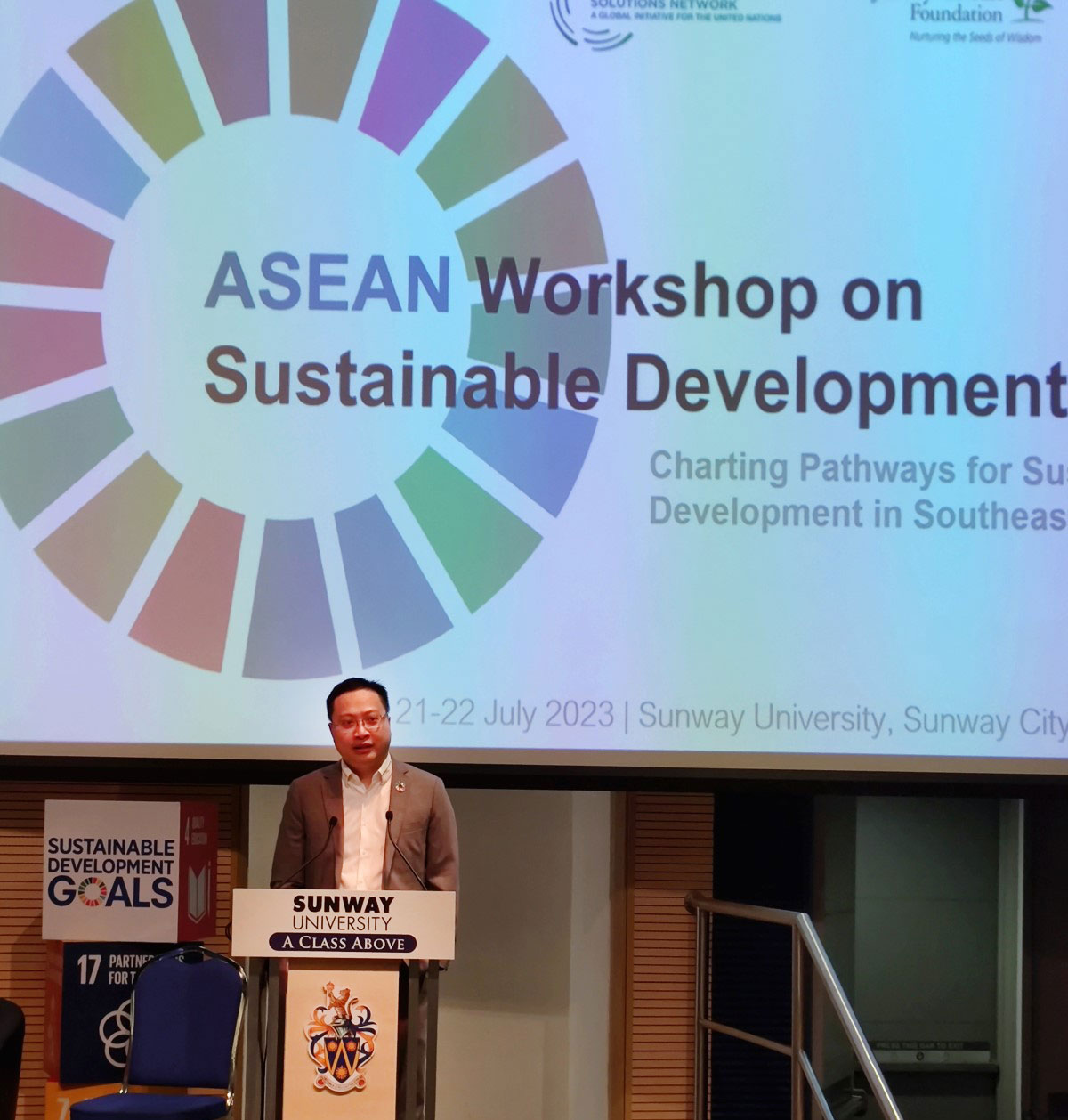
Dr. Chen gives an inspiring talk at the ASEAN Development Workshop at Sunway University.
“It is my hope that as a nation, we play our part to ensure that these initiatives succeed, and that these should not fail due to public pressure to reverse course. That is by far the greatest threat to genuine climate action, as well as the area by which individuals can make the biggest difference; by changing the weight of public opinion towards accepting the challenge of tackling and adapting to the threats of a warming world,” he said.




